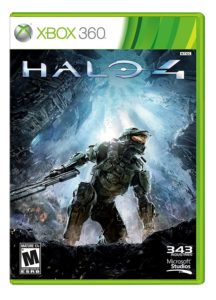I went with a Deathlands book to ease myself into reading not-The-Wheel-of-Time, and I have to say, it was a solid choice. (The other initial possibility was Dresden Files.) See, while I had no problem returning from screen to paper, I had a huge problem reading a book that didn’t have Rand in it. Not him specifically, but I’m not kidding either; for pretty much the first half of Northstar Rising, everything about it felt subtly wrong, like I was reading a fake book that someone was trying to convince me was the real thing.
Eventually I settled in, and this one is every bit as good as the others, though I am starting to have minor problems with the series. For one thing, the titles? Chosen seemingly at random lately. I’ll admit that they went to Minnesota, which is in the north. But otherwise, they hung out with cryogenically frozen doctors (who are a touch on the stereotyped side, alas) and giant ant swarms and vikings and barrels of radioactive waste. You know, like you do when it’s the nuclear devastated wastelands of America a hundred years in the future.
Then again, I cannot really say what I’d have named it instead, there being no common theme to pull the various events of the book together. On the other hand, they broke formula a little, and that’s probably good news. Like I say, minor problems. Certainly nowhere near enough to make me put away the mind candy.
 Remember that time when I played
Remember that time when I played